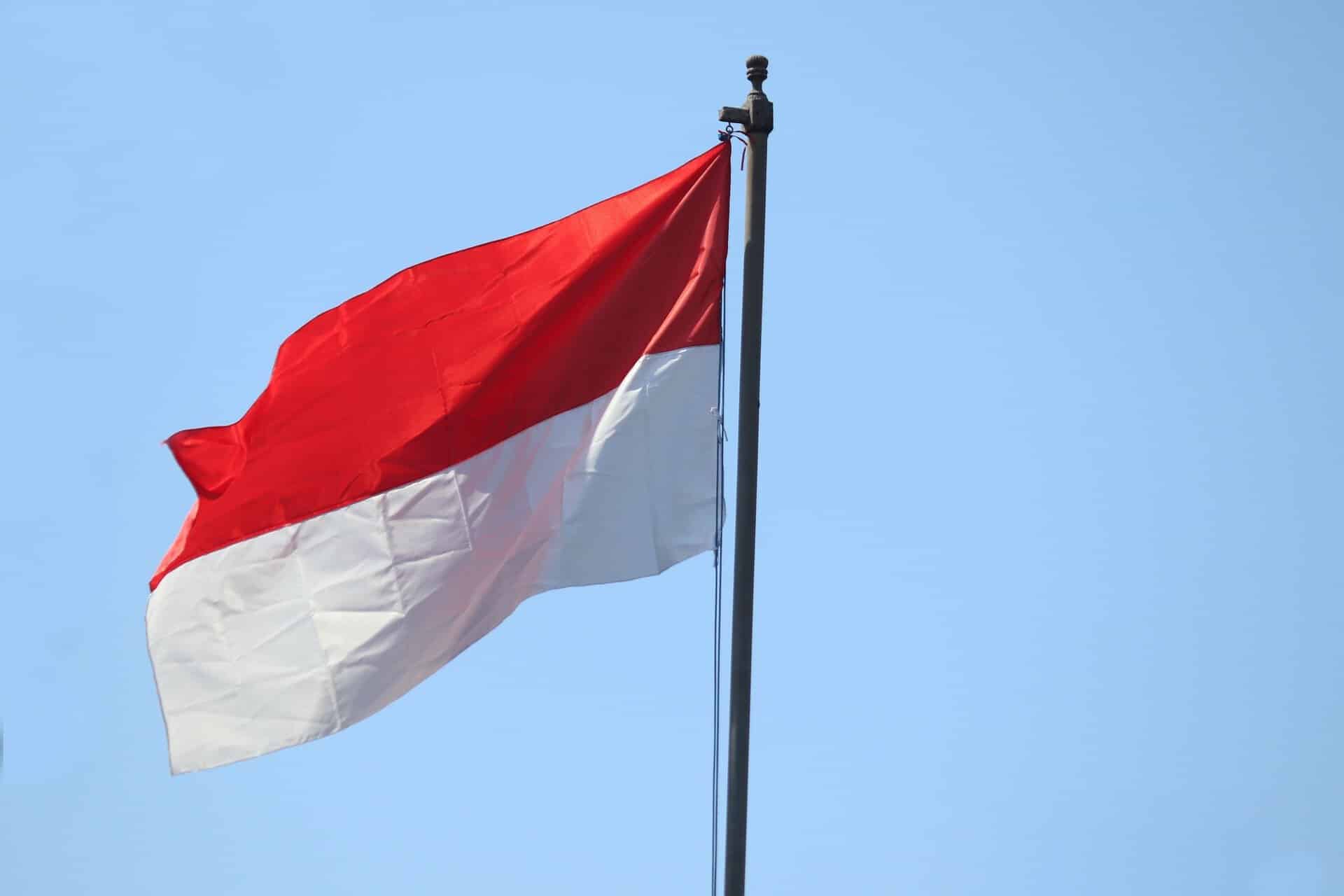Gibran Rakabuming Raka, a vice presidential candidate in the upcoming Indonesian election, aims to accelerate Indonesia’s position as a leader in the digital revolution by cultivating expertise in blockchain and cryptocurrencies.
Gibran, the eldest son of President Joko Widodo, made the announcement during a political gathering last week, outlining his vision to bolster tech education and create more opportunities for the nation’s youth.
As the chosen running mate of presidential candidate Prabowo Subianto, the 36-year-old politician aims to tap into Indonesia’s growing interest in digital assets.
“We are preparing blockchain experts, we are preparing cybersecurity experts, we are preparing crypto experts,” Gibran affirmed during the event on December 10.
Indonesia has emerged as a key player in the global crypto landscape, ranking seventh on Chainalysis’ 2023 global crypto adoption index.
With an estimated 18 million crypto investors, the country has demonstrated a keen interest in the technology.
The government, led by President Joko Widodo, has recognized the potential of cryptocurrencies and endeavors to leverage this interest to drive economic growth.
Notably, Indonesia has even established a local “stock market” for crypto assets, further solidifying its commitment to the digital sphere.
While Gibran is the first candidate to explicitly address cryptocurrencies, it is expected that other contenders will also touch upon the topic during the upcoming political debates scheduled for February 4.
With Prabowo and Gibran currently leading the polls, their interest in the blockchain and crypto sector could influence the discourse and priorities of other candidates.
Indonesia’s Crypto Relationship
Indonesia has been working towards enabling crypto usage, but there have been challenges.
As reported, in late February, Didid Noordiatmoko, head of the country’s Commodity Futures Trading Regulatory Agency (Bappebti), said that the nation aimed to launch its much-anticipated state-backed crypto exchange by mid-2023.
He added that the exchange will be run by a private-sector company rather than the government. Also, private-sector crypto platforms will execute trades on the exchange.
Yet, in late May, Bali Governor Wayan Koster suggested that the popular Indonesian tourist island will tighten rules around payments to make it harder for foreign tourists to pay with crypto.
“Foreign tourists who behave inappropriately, do activities that are not allowed in their visa permit, use crypto as a means of payment, and violate other provisions will be dealt with firmly,” the Governor said.
Bank Indonesia’s Bali Representative Office, Trisno Nugroho, reiterated at the time that while cryptocurrency itself is legal in Indonesia, its use as a payment instrument is not.
Violators in Bali could face imprisonment of up to one year and a maximum fine of 200 million Indonesian rupiah ($13,300) under Indonesian law.
More recently, the Indonesian financial services watchdog appointed Hasan Fawzi, a former Indonesia Stock Exchange executive, as the head of fintech and digital assets oversight and innovation.
Fawzi has served as the Director at Indonesia Bond Pricing Agency (IBPA) since 2008, which is a licensed securities pricing agency and a subsidiary of the Indonesia Stock Exchange (IDX).

